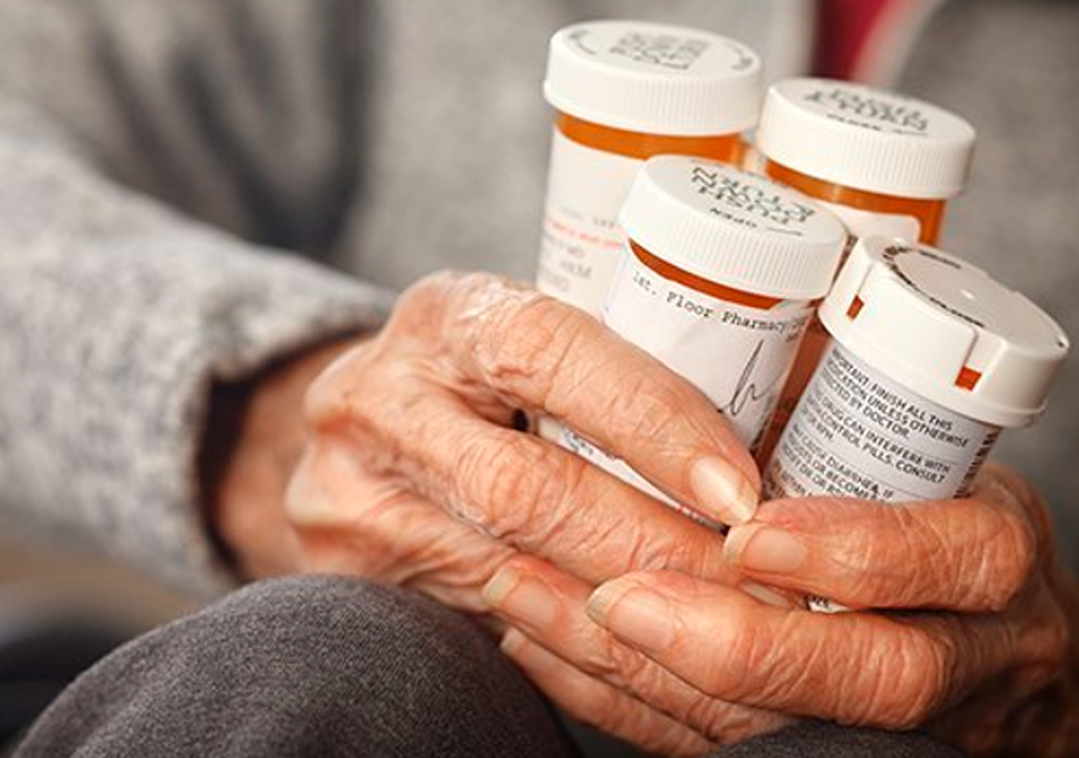Certain Meds Associated With Sudden Cardiac Arrest in Type 2 Diabetes

According to new research, people with type 2 diabetes who take certain antibiotic, antipsychotic, or prokinetic drugs — or have low fasting blood sugar — face twice the risk for sudden cardiac arrest (SCA). The study involved nearly 4,000 diabetic patients, 689 of whom had experienced SCA.
The researchers identified several characteristics linked to the increased risk of SCA in patients with type 2 diabetes:
- History of arrhythmias
- Smoking
- Insulin use
- OTc-prolonging prokinetic medication
The greatest increased risk – 138% — was linked with insulin use. History of arrhythmias was associated with a 68% increased risk. Smoking was linked to a 40% greater risk and QTc-prolonging prokinetic medications with a 66% increased risk. A number of commonly used prescription medications, including some prokinetic, antibiotic, and antipsychotic drugs, are linked to a QT-prolongation. These drugs include:
- Domperidone
- Macrolides
- Fluoroquinolones
- Haloperidol
These study results are significant, as SCA accounts for up to 50% of all cardiac deaths and 20% in high-income countries. The researchers noted that this study underscores the need to understand the potential risks of commonly prescribed antibiotic, antipsychotic, and prokinetic drugs. They further noted that the risk of SCA associated with these medications is often under-recognized.
Read more here.